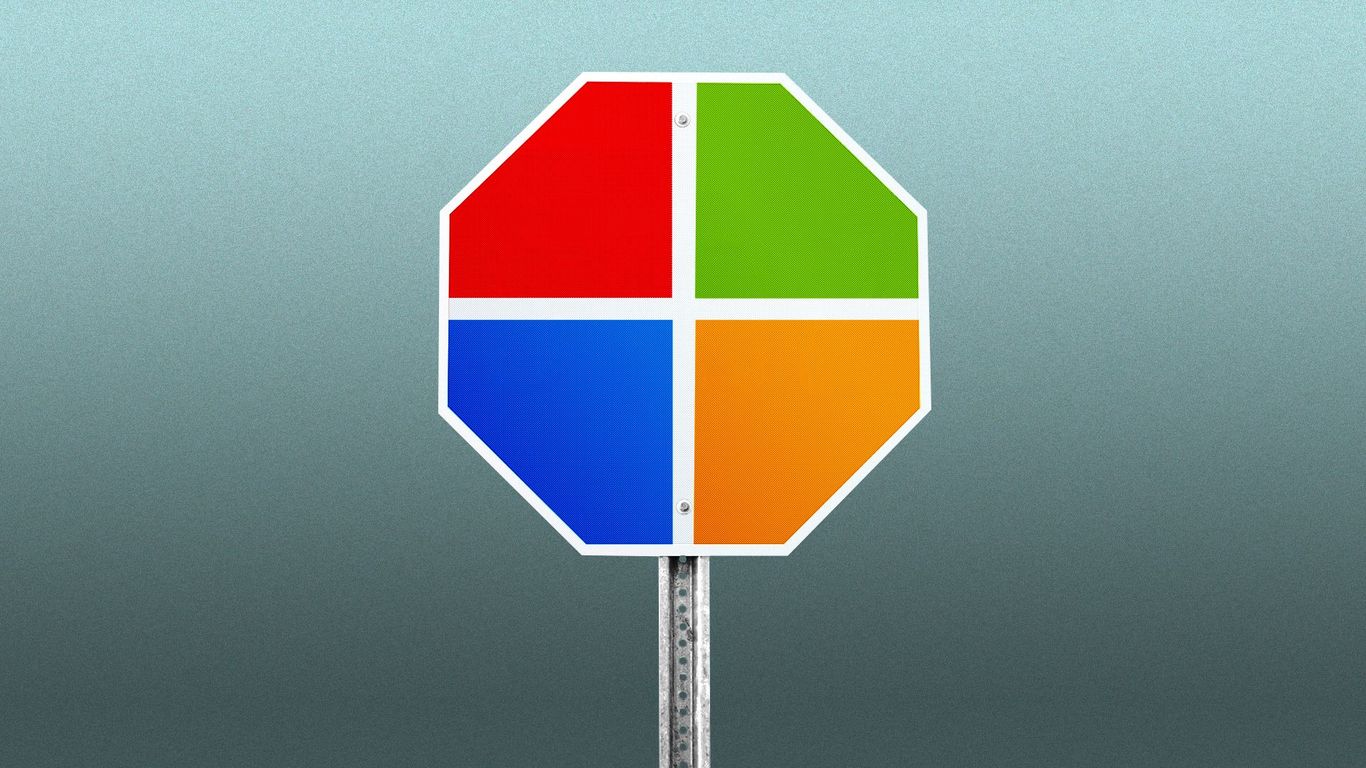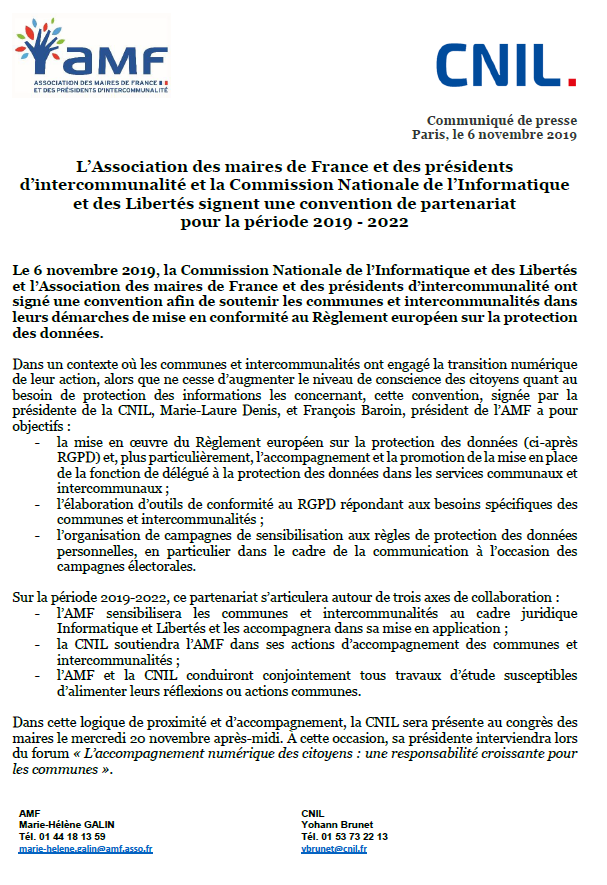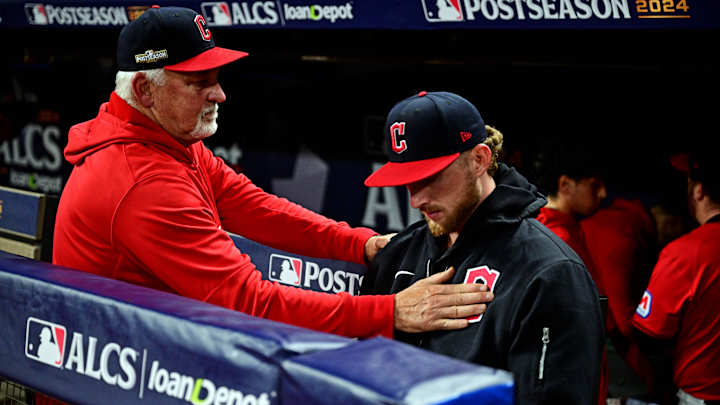Federal Trade Commission Appeals Microsoft's Activision Deal

Table of Contents
The FTC's Arguments Against the Activision Blizzard Acquisition
The FTC vehemently opposes the Microsoft-Activision Blizzard merger, citing significant concerns about monopolization and harm to competition.
Concerns about Monopolization
The FTC argues that this acquisition would grant Microsoft an unfair competitive advantage, potentially stifling competition and ultimately harming consumers. Their concerns are rooted in several key factors:
- Microsoft's Existing Dominance: Microsoft already holds a substantial share of the gaming console market with its Xbox consoles.
- Activision Blizzard's Powerful Franchises: Activision Blizzard boasts incredibly popular and lucrative gaming franchises, including Call of Duty, World of Warcraft, Candy Crush, and many more. The combination of these properties with Microsoft’s existing portfolio is a significant concern.
- Potential for Exclusivity: The FTC fears Microsoft might make key Activision Blizzard titles exclusive to Xbox, significantly harming PlayStation and PC players, reducing consumer choice, and potentially leading to a gaming ecosystem dominated by Microsoft.
- Price Increases and Reduced Innovation: A lack of competition, the FTC argues, could lead to higher game prices and a slowdown in innovation as Microsoft faces less pressure to improve its offerings.
Impact on Game Developers and Publishers
Beyond impacting consumers, the FTC also claims the acquisition could severely harm independent game developers and publishers.
- Reduced Negotiation Power: Smaller developers would have significantly reduced negotiating power when dealing with a Microsoft controlling such a large portion of the market.
- Unfavorable Deals: Microsoft could leverage its market power to secure incredibly unfavorable deals with smaller companies, potentially stifling their growth and profitability.
- Stifled Innovation and Creativity: A less competitive market could lead to a decline in innovation and creativity within the gaming industry as less diverse voices and perspectives are represented.
Microsoft's Defense of the Activision Blizzard Acquisition
Microsoft has robustly defended its acquisition, arguing that it will ultimately benefit consumers and increase competition.
Arguments for Consumer Benefits
Microsoft counters the FTC's claims by highlighting potential consumer benefits:
- Increased Accessibility: Microsoft pledges to bring Activision Blizzard games to a broader range of platforms, including cloud gaming services, thereby increasing accessibility.
- Expanded Game Pass Offerings: They intend to significantly expand their Xbox Game Pass subscription service, offering greater value to consumers with a larger library of games.
- Cloud Gaming Innovation: Microsoft claims that the acquisition will accelerate innovation within the cloud gaming market, creating a more competitive and dynamic landscape.
Addressing Antitrust Concerns
To alleviate the FTC's antitrust concerns, Microsoft has offered various concessions:
- Long-Term PlayStation Agreements: Microsoft has committed to keeping Call of Duty and other key titles available on PlayStation consoles through long-term agreements.
- Fair Competition Commitments: They've pledged to maintain fair competition with other game publishers, ensuring a level playing field.
- Regulatory Oversight: Microsoft has even suggested regulatory oversight to ensure compliance with antitrust regulations.
Implications for the Future of the Gaming Industry
The FTC's appeal carries immense implications for the future of the gaming industry and beyond.
The Precedent Set by this Case
The outcome of this appeal will set a critical precedent for future mergers and acquisitions in the gaming industry and potentially the wider tech sector:
- Increased Scrutiny of Acquisitions: Expect increased scrutiny of large gaming acquisitions going forward, as regulators grapple with the complexities of the rapidly evolving digital landscape.
- Stricter Regulations: The possibility of stricter regulations on mergers and acquisitions within the tech industry is a significant consequence of this case.
- Investment and Innovation Impact: The uncertainty surrounding regulatory approval could potentially impact future investment and innovation in the gaming industry.
The Broader Context of Antitrust Law
This case underscores the ongoing challenge of applying traditional antitrust principles to the dynamic digital marketplace:
- Digital Market Challenges: Applying traditional antitrust frameworks to the digital world presents unique challenges.
- Balancing Innovation and Competition: Finding a balance between fostering innovation and ensuring fair competition is paramount.
- Defining Market Dominance: Defining market dominance in the digital age is a complex and ongoing debate.
Conclusion
The Federal Trade Commission's appeal of the Microsoft-Activision Blizzard deal is a pivotal moment. The outcome will profoundly shape future mergers and acquisitions, influencing competition, innovation, and consumer access to games. The FTC's arguments highlight the crucial questions about market dominance and potential anti-competitive practices in the digital world. Stay informed on this crucial Microsoft Activision Blizzard acquisition case and its impact on the future of gaming. Understanding this FTC appeal is vital for anyone interested in the gaming industry's future. Follow the news closely to remain updated on this landmark antitrust case.

Featured Posts
-
 Yankees Fall To Guardians Despite Early Lead Bibees Strong Performance
Apr 30, 2025
Yankees Fall To Guardians Despite Early Lead Bibees Strong Performance
Apr 30, 2025 -
 Communique De Presse Valeo Amf 24 Mars 2025 Decryptage Du Document 2025 E1027024
Apr 30, 2025
Communique De Presse Valeo Amf 24 Mars 2025 Decryptage Du Document 2025 E1027024
Apr 30, 2025 -
 Choosing The Right Us Cruise Line For Your Next Vacation
Apr 30, 2025
Choosing The Right Us Cruise Line For Your Next Vacation
Apr 30, 2025 -
 Mwed Srf Meashat Shhr Abryl 2025 Llmwatnyn Melwmat Rsmyt
Apr 30, 2025
Mwed Srf Meashat Shhr Abryl 2025 Llmwatnyn Melwmat Rsmyt
Apr 30, 2025 -
 7 Important Carnival Cruise Line Announcements What To Expect Next Month
Apr 30, 2025
7 Important Carnival Cruise Line Announcements What To Expect Next Month
Apr 30, 2025
Latest Posts
-
 Guardians Win Season Opener With Extra Inning Rally Against Royals
Apr 30, 2025
Guardians Win Season Opener With Extra Inning Rally Against Royals
Apr 30, 2025 -
 Yankees Fall To Guardians Despite Early Lead Bibees Strong Performance
Apr 30, 2025
Yankees Fall To Guardians Despite Early Lead Bibees Strong Performance
Apr 30, 2025 -
 Kansas City Royals Win Thriller Against Cleveland Guardians
Apr 30, 2025
Kansas City Royals Win Thriller Against Cleveland Guardians
Apr 30, 2025 -
 Extra Inning Comeback Propels Guardians Past Royals
Apr 30, 2025
Extra Inning Comeback Propels Guardians Past Royals
Apr 30, 2025 -
 Cleveland Guardians Defeat New York Yankees Bibees Resilience Key
Apr 30, 2025
Cleveland Guardians Defeat New York Yankees Bibees Resilience Key
Apr 30, 2025
